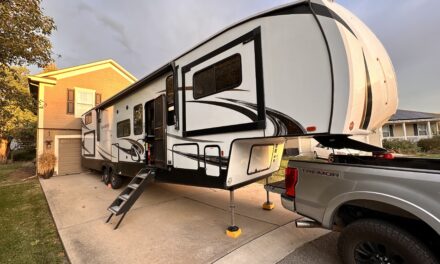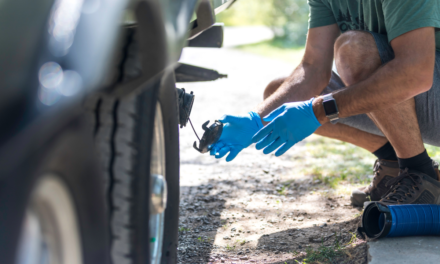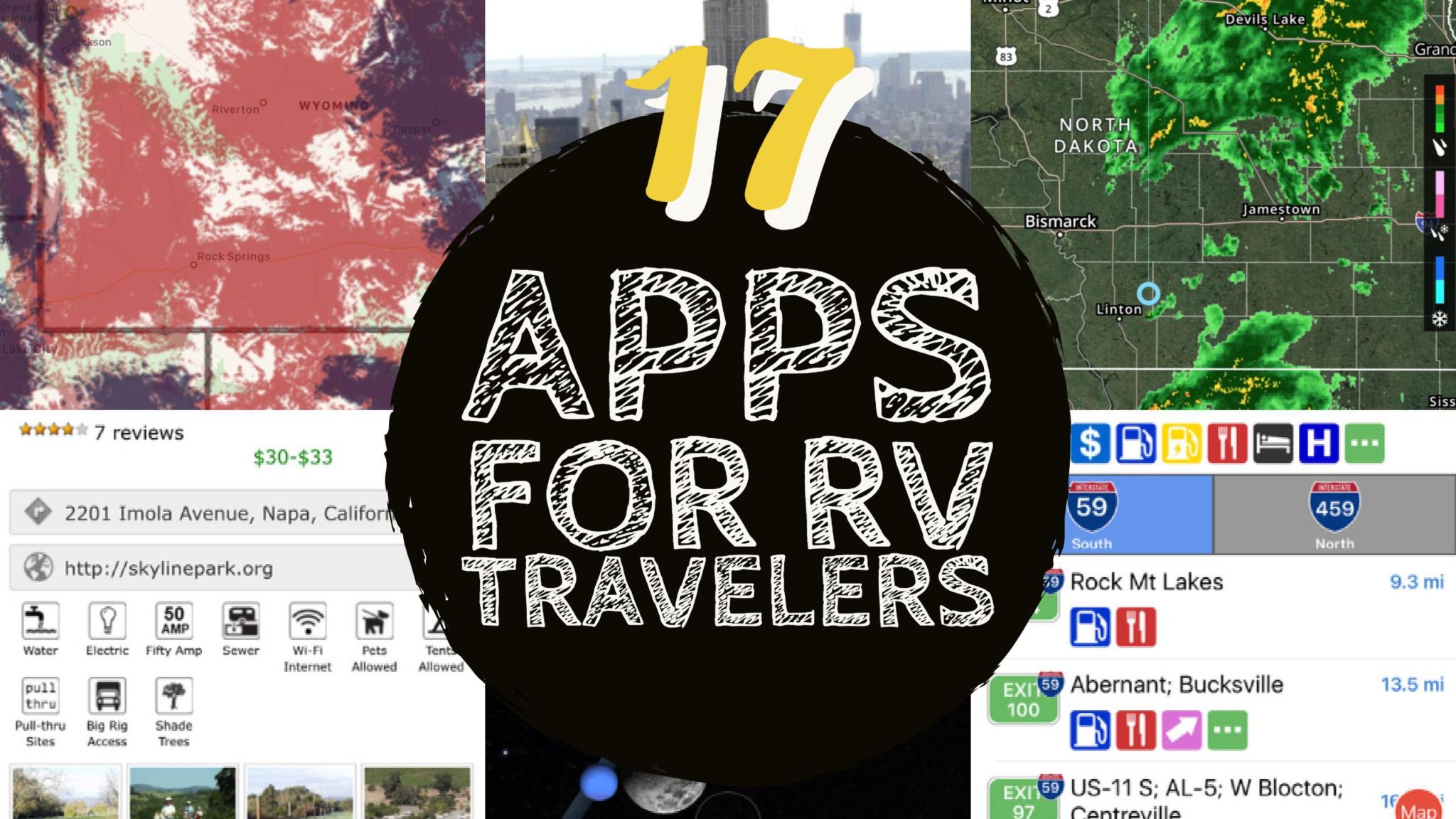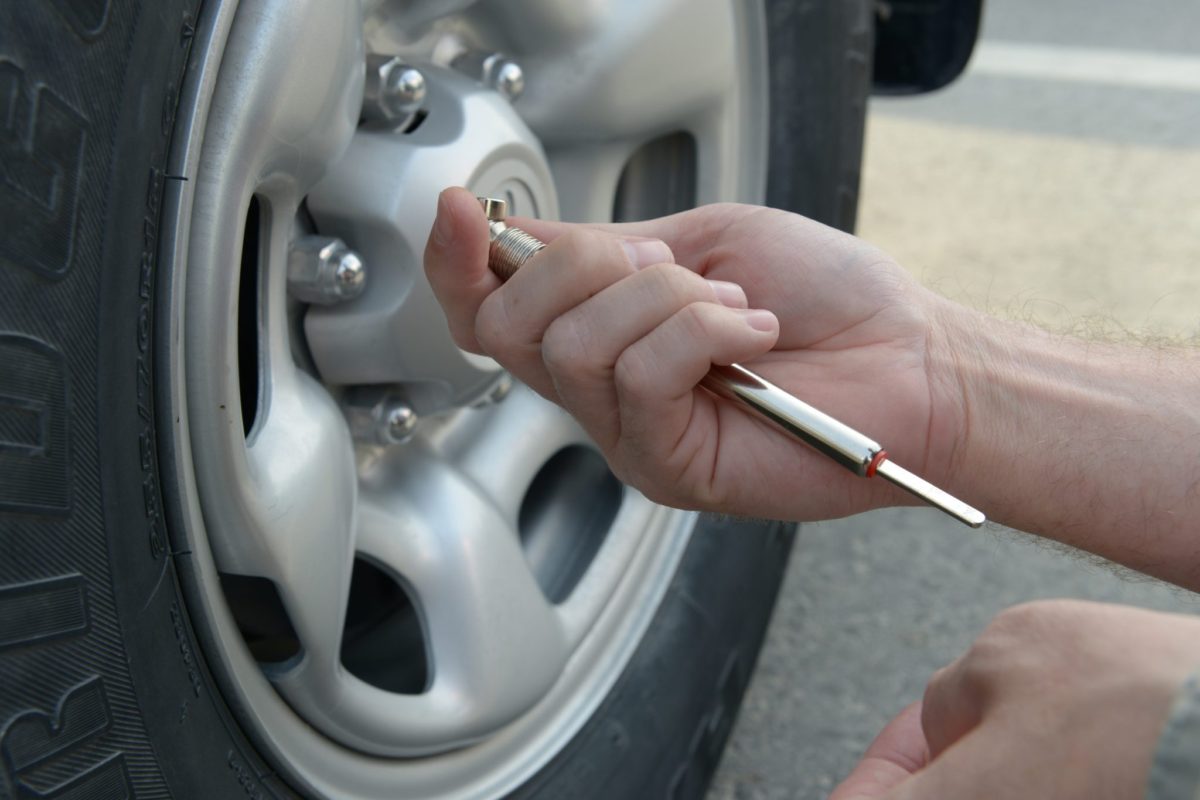It’s that time of year. Time to de-winterize your RV. We’ve got a list of steps that will help you dewinterize an RV and do a spring safety check.
How to Dewinterize Your RV and Spring RV Prep Step By Step:
Inspect Your RV:
Inspect and Maintain the Roof – First, take the cover off if you use one. Don’t forget individual vent covers and the like. Get up on the roof and check it out. Remember, covers aren’t foolproof, and there still could be issues up there.
Check for and remove any nests. Inspect the sealant on the seams. Remove and re-apply the sealant that is coming loose. We recommend Dicor Self-Leveling Lap Sealant. Don’t be turned off by the “self-leveling” part. It won’t drip down the side of your RV.
Inspect the interior — Take a good look at every nook and cranny of the inside of your RV. Run your slides out. Look for signs of unwanted critters and water damage. Open the windows and air it out. Run all the fans and check all the lights. Perform any interior cleaning duties that need to happen.
Inspect the exterior — Check all the seals for your slides and apply lubrication. Follow your owner’s manual and apply lubrication to your slide tracks or cables. Lubricate any other moving parts like fold-out steps and door hinges. Open up exterior storage compartments and access panels. Check for unwanted critters. Check for loose or cracking sealant beads. Hose off any dust and dirt.
Check All Electrical
Pop the hood (motorhomes) — Check for more creatures, fill all fluids, and inspect the belts. This wouldn’t be the worst time for an oil, filter, and grease job.
Battery Maintenance — If you removed your batteries from your RV and kept them on a charger through the winter (which you should), it’s time to replace them.
Make sure you are hooking them up correctly, and if they are not maintenance-free batteries, check the water level and fill. Don’t forget the coach battery if you have one. Plug your RV in, and make sure the converter/charger is properly charging the batteries.
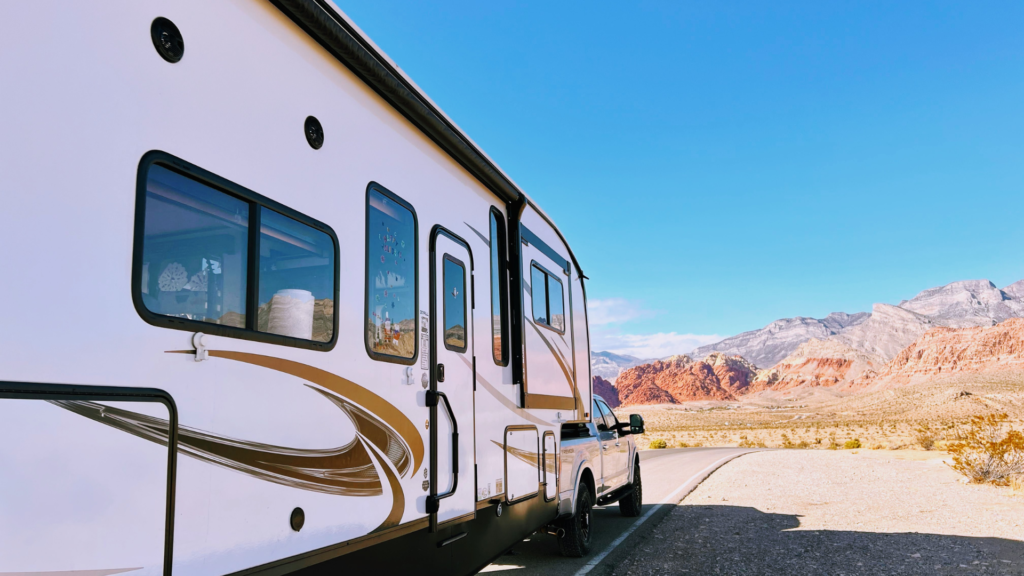
Inspect the Tow Equipment
Check the towing equipment (trailers and towed vehicles) — Inspect the hitch components for rust and wear. Hook up to the tow vehicle and check the lights. Check the trailer brakes for proper function.
Check the tires — Make sure all of your tires are at the proper pressure. It’s unlikely they are after sitting through the winter. Check the date codes for the age, and look for cracking or signs of uneven wear.
Check the tread depth. Replace tires that are out of shape or old. We recommend replacing trailer tires not more than every 5 years, and motorhome tires not more than every seven.
Go for a spin — Take a drive. Make sure everything is functioning properly. Listen for new noises. Have someone follow you to watch for anything loose, smoke, or other problems. Take this opportunity to go fill the propane.
Propane Tank
Check the propane system – Turn on the propane and spray soapy water from a squirt bottle at your propane fittings. If bubbles form, you have a leak.
Check for dry or cracking propane hoses. If all is well, fire up the propane fridge (if you have one) and make sure it cools. Then separately fire up and test the stove, oven, and furnace.
Make sure you have cleared any debris from exhaust vents for your fridge, furnace, and other propane appliances before turning them on!
Water System and Tanks
Flush the freshwater system and sanitize – Whether you used antifreeze or just blew out the system with compressed air to winterize, you’ll want to flush it out. Even a dry system can get dust and bugs in it.
Fill your fresh tank with water, turn on your water pump, then open your faucets one at a time, running them for a minute or two until the smell and color of any RV antifreeze are gone.
Don’t forget the toilet and shower, and open your grey tank to drain. If you used RV antifreeze, it’s best to do this at a dump station. If you just used air, you’re only draining out clean water, and it can go into a rain sewer.
Hopefully, your water pump shuts off when you close the faucets, otherwise, you likely have a leak and will need to repair that.
Check the water heater – Open the bypass valves on your water heater and make sure the drain plug is closed. Turn on the water pump and open a hot water faucet. Once the water heater tank is full, close all the faucets and make sure again that the pump shuts off.
Sterilize Your System – This is also the time to sterilize your system, which just involves mixing some bleach with another fill and flush of water and letting it sit for at least 4 hours. Click here for some detailed instructions from Sanidumps.
You should sanitize every spring and fall, and every time you let the RV sit for over a month. Fill, rinse, and drain your black tank while you are at it.
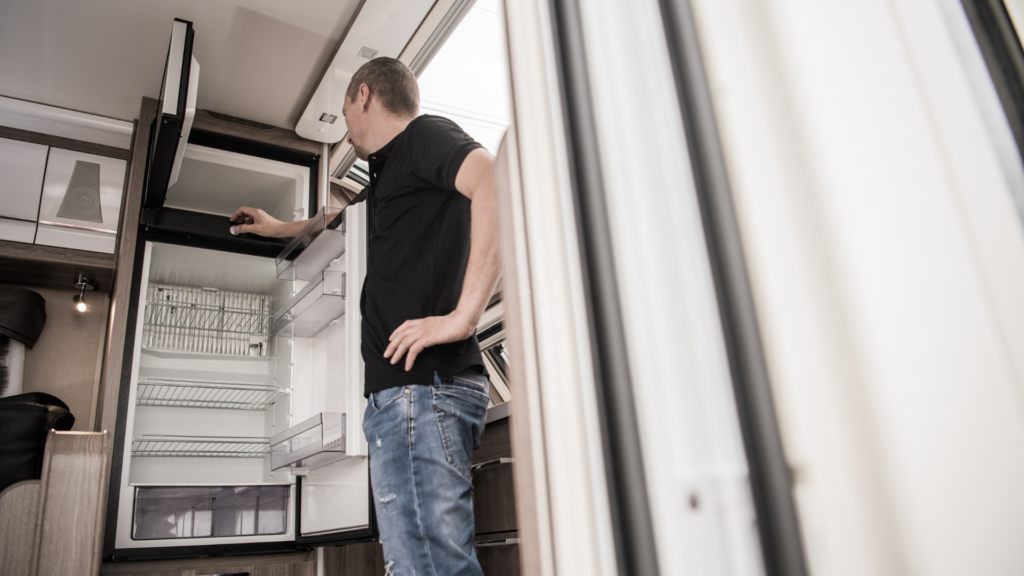
Safety Checks
Move back in — bring all your things back in and put them in their proper place. Sheets, towels, cleaning supplies, outdoor gear, food, and then go weigh the rig.
It’s important you stay under your RV’s cargo-carrying capacity. If you find you are over, you’ll need to leave some stuff at home to ensure a safe trip.
Change the Batteries — This is probably the most overlooked dewinterization step. Your batteries may have died while in storage, so it’s important to change the batteries in smoke, CO,2 and propane detectors.
Additionally, make sure your fire extinguishers are in place and current.
Road Side Safety Gear – Check that all of your roadside safety gear is in place, such as emergency flares and triangles. Open and close emergency exit windows to test for proper function.
Shakedown Trip — If you can, there’s nothing better than a shakedown trip for a night or a weekend to make sure you have everything and that everything is working smoothly. You can go to a local campground so that you can just head home if it’s a disaster, or even camp in your own driveway!
It may seem like a lot just to get ready for camping season, but taking steps now to dewinterize your RV with all the necessary tools and resources at hand is worth it.
The last thing you want on vacation is to be stuck somewhere dealing with problems that may require an RV tech or worse, could cancel the trip altogether.

